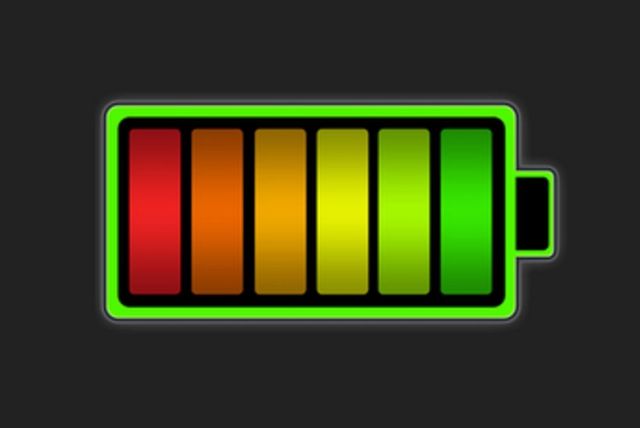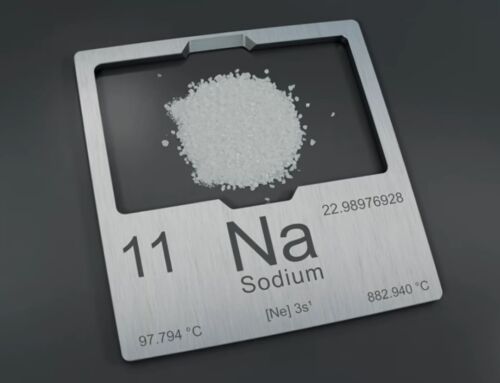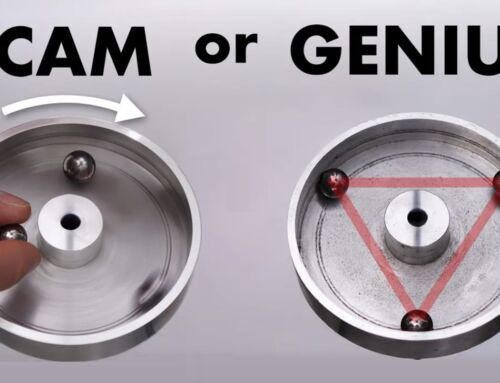By using Νickel Νiobate, a fully new material, for the anode of lithium-ion batteries, the charging speed can be improved by 10 times.
According to researchers of the University of Twente (MESA+ Institute), this is possible without the risk of damaging the anode material, causing battery breakdown or reducing its lifetime.
An additional advantage is that the manufacturing process is not complicated. The researchers published their first results using batteries with the new anode in the Advanced Energy Materials journal.
Battery performance can still significantly be improved, whether it is for electric vehicles or for use in the electricity grid. Faster charging and decharging, or a higher energy density resulting in more compact and lighter batteries: often there is some kind of ‘trade-off’ of these two. The high-speed chargers by the motorway are an example of this dilemma. Not all cars and car batteries are prepared for this. Consequently, there is a worldwide search for new materials. An important aspect, next to the technical specifications, is the need for drastically improving the sustainability and carbon footprint of battery production. The new material nickel niobate (NiNb2O6) appears to have very attractive properties and even after many cycles of ultrafast charging, it returns to its original level. This primarily has to do with its attractive ‘open’ and regular crystal structure, resulting in channels for charge transport that are identical.
Open structure
The high charging and decharging rates do have consequences for the weight and energy density, however. Nickel niobate is more compact than graphite, so it has a higher ‘volumetric’ energy density.
The research team tested the first full battery cells with the new anode material, for various existing cathode materials as well. They conclude that this version would be ideal for introducing it into an energy grid, in electrically powered machines that require fast charging and decharging, or in electrically powered heavy transport. For using it in electrically powered cars, still some steps have to be taken. The new anode will also work for alternatives for lithium, research leader Professor Mark Huijben says.
The research was done at the Twente Centre for Advanced Battery Technology, part of UT’s MESA+ Institute, in collaboration with the Wuhan University of Technology in China and Forschungszentrum Jülich in Germany.
source University of Twente






Leave A Comment